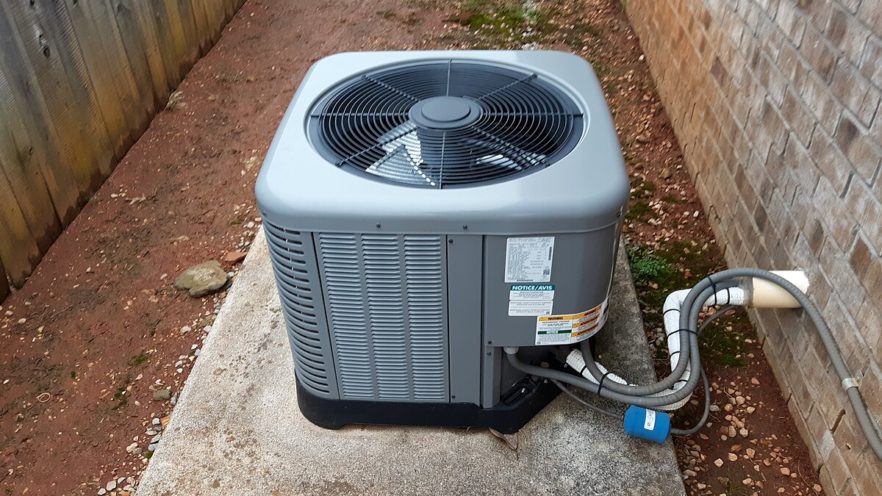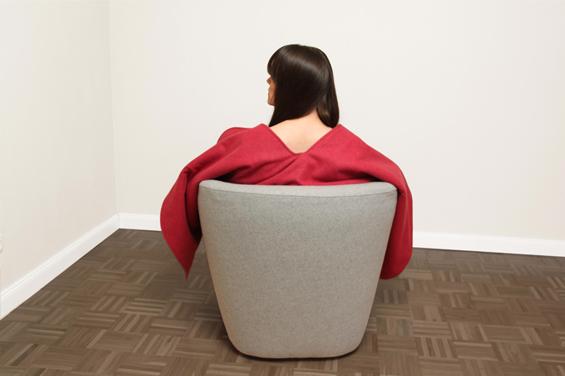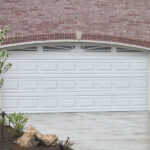While you don’t have to become an expert on HVAC devices, it’s important that you at least know how they work to understand what to do in case one of them malfunctions or shows any problem in the future. One of the basics of HVAC systems is the roles superheat and subcooling play in what they do.
You should never be the one to repair or address any situation related to your HVAC devices, but understanding how they work will make the whole process easier for you and the person you hire to do the job.
In this case, superheat and subcooling devices ensure your HVAC devices work correctly and that they are efficient. Read on to learn more about what these two things do and how important they are to HVAC efficiency.
What Is Superheat and Subcooling? The first thing you should know about superheat and subcooling is what they are and what they do. Superheat refers to when the temperature of the device’s refrigerant gas is above its boiling point while supercooling is when the temperature of the refrigerant liquid is below its condensing point.
These two should always follow a preset balance and avoid getting much higher from the boiling point when talking about superheat or much lower from the condensing point when addressing supercooling. The best way to know if your HVAC unit has the right superheat and supercooling amount is to call a technician to calculate it and ensure it stays that way.
What Happens When There’s Too Much or Not Enough Superheat?
There are both minor and severe consequences of not having the right amount of superheat in your HVAC device, and they can come from having too much or not enough of it. The severity of the problem depends entirely on how far beyond the line you went.
When there’s too little superheat, you may damage the system’s compressor due to the refrigerant liquid getting to it. If you don’t notice this and let it go on for too long, it can make the compressor go to waste or even permanently break down the device.
On the other hand, high superheat in your HVAC device will make the compressor work harder to compress the refrigerant gas. That will not damage the compressor or the machine severely, but it will make it use way more energy than it needs to.
People often don’t notice they have too much superheat in their HVAC devices until they get the energy bills and see all the money they have to pay for the extra activity of their unit’s compressor. We recommend having a technician over to check that everything is working as it should every now and then to keep that problem from happening.
What About Subcooling?
Subcooling issues are relatively similar to superheat ones, and they often have similar consequences, too. When there is high subcooling, the system will not absorb enough heat from indoors, which will keep the system from working correctly.
In this case, although HVAC systems stop doing what you need them for, they don’t overwork themselves. Money-wise, it’s better to repair this problem than a superheat one, as it’s easier to notice it on time. However, you still need to pay enough attention to the temperature fluctuations in your house to detect a problem.
When your HVAC devices have low subcooling, their evaporator could flood. While that will also keep the system from working properly, it can damage its components, so it’s a bit more dangerous than having too much subcooling.
Hence, watching out for temperature fluctuations is more important than anything else when talking about HVAC efficiency since, as you don’t know where the problem comes from, you don’t know if you are at risk of losing the whole unit.
How to Ensure HVAC Systems Have the Optimal Superheat and Subcooling Levels
As we mentioned before, the best way to ensure your HVAC system has the right superheat and subcooling levels is to call a technician to check it. Not all systems need the same amount of superheat and subcooling, so you need to keep track of what each of them needs to avoid making a mistake.
This is one of the reasons why people should never DIY their HVAC problems. Unless you are a licensed technician, you will more likely cause more damage than the unit already had and lose even more money than the one you are trying to save by not calling a professional.
Technicians often use tools such as thermometers, pressure gauges, and refrigerant analyzers to get an accurate diagnosis, and those are tools not many have at home. They also know the manufacturer guidelines and best practices for each device, so their experience will help them come up with a solution quickly.
Avoid only calling technicians when you have a problem, as you should schedule periodic checks throughout the month. The benefit of doing that is that they will tell you if there is any risk of having a problem before it happens, and if your HVAC systems don’t have the optimal superheat and subcooling levels, they will be able to adjust them.
Let’s say you are looking for air conditioning services in Los Angeles, CA. You would need to hire someone you trust and ask them to come over every now and then. They will check other factors of your HVAC systems such as their suction pressure or saturation temperature.
Conclusion
Reading all the problems your HVAC systems can have can be overwhelming, but don’t let all those issues scare you. Even if you don’t have a straight-up problem, it’s good to adjust your devices’ supercooling and superheat levels to optimize their efficiency.
While most people think calling professionals to do periodic checks is a waste of money, it can save you a lot in the long run, so it’s more than a profitable investment. If you have any specific questions about your HVAC systems, don’t hesitate to call a professional to do the job.
You can also check out our website to read more articles about heating devices and other related subjects. The more you know about how your house works, the easier it is to keep it working properly!









